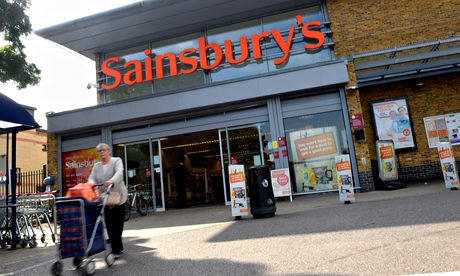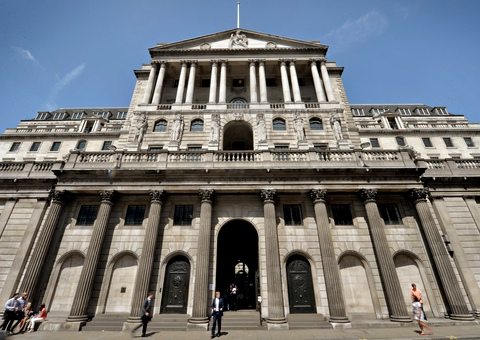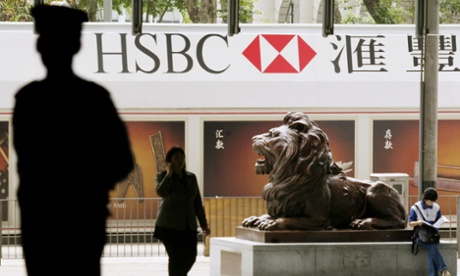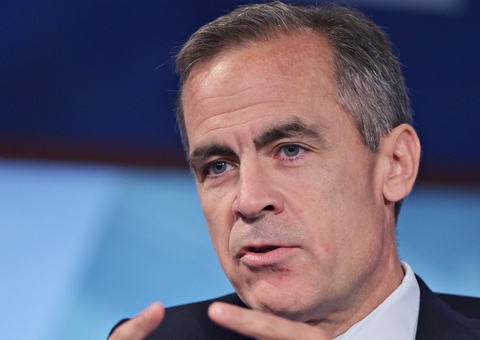HSBC’s directors should have spent less time pondering a move to Hong Kong and more time ensuring the bank will still have a business in the US in a few years’ time. It is astonishing that, four years after HSBC paid a thumping £1.2bn fine for allowing Mexican drug lords, among others, to launder money, the bank still hasn’t put its house in order.
The official US monitor, who has spent two years policing the deferred prosecution agreement (DPA) that accompanied the financial penalty, has “significant concerns” about the pace of reform and HSBC’s ability to meet the five-year deadline to combat financial crime competently.
That is shocking, given what is at stake. As HSBC’s annual reports puts it, breach of the DPA could have “a material adverse effect on our business”. You bet. Sanctions could include loss of banking licences and restrictions on clearing dollar transactions, either of which would be brutal for an organisation that pitches itself as a facilitator of global trade.
HSBC’s chairman, Douglas Flint, looking on the bright side, says nobody should have expected an official thumbs-up after only two years, which is why the DPA extends over half a decade in the first place. And 2016 will be “a very important year”, he says, as HSBC installs new technology to identity suspicious transactions.
Well, OK, half-time is only just approaching. But a dutiful parent receiving a school report detailing “significant concerns” about progress in a core subject would be reading the riot act at this point. Shareholders should insist that future bonuses for the £7m-a-year chief executive, Stuart Gulliver, depend on meeting the DPA targets. HSBC cannot afford another run-in with the US Department of Justice.
In the circumstances, you can understand why HSBC’s shares trade at a level first seen as long ago as 1997. Nine pages of a 37-page summary of “highlights” from 2015 were consumed by “legal proceedings and regulatory matters”. These now include a role in the US Securities and Exchange Commission’s investigation into banks’ hiring of “princelings”, or the offspring of Asian government officials.
As for actual highlights, they were in short supply. Revenues were virtually flat. Underlying pre-tax profits fell 7% to $20.4bn (£14.5bn). Impaired loans rose 17%. Return on equity was an unsatisfactory 7.2%.
HSBC remains a global financial powerhouse and the balance sheet is strong, but the next worry is a dividend that was covered only 1.3 times by lower earnings. The 8% yield sends an unmistakable message: the market thinks HSBC’s empire is covered in fog.
Business backs out
“The voice of business must be heard,” said David Cameron a few weeks ago, when warming up for the referendum on the UK’s membership of the European Union. And here it comes: a letter advocating the merits of staying in signed by a brigade chairmen and chief executives from FTSE 100 firms.
The letter-writing ritual has been established in recent general election campaigns and, at the margin, it may influence debate. Certainly, a once-in-a-generation referendum on a matter of national importance is more fertile territory for “the voice of business” (a loose concept, in truth) to express itself than a contest between political parties. All the same, such clunky set-piece letters feel a little presumptuous.
Many of the bosses will say they are signing in a personal capacity. It’s a veneer. Most voters wouldn’t be able to name the top brass of BAE Systems, Shell, etc. The directors’ opinions only carry weight in a joint-letter because the names of their employers are attached. Yet the privilege of co-opting the company’s name is extended only to members of the boardroom. The self-importance jars.
So, well done, the boards of Sainsbury’s, Morrisons and Tesco for refusing to take part. Letter-signing enthusiasts may regard the supermarket chiefs as lily-livered washouts who can’t see further than their next quarterly trading update. But, actually, declining to annoy a significant percentage of your staff and customers seems entirely reasonable.
Sainsbury’s local worries
Over at Sainsbury’s, they have local worries – like how to respond to a possible rival bid for Home Retail Group from Steinhoff, the South African-based retailer. The first bit is easy: play for time and see if Steinhoff puts 175p-a-share on the table, as opposed to making a non-binding proposal.
Assuming Steinhoff steps up, the question is whether to join a bidding war. Sainsbury’s cash-and-shares offer, currently worth 165p, would obviously lose without an improvement. How high could Sainsbury’s go without shredding its promises about financial discipline?
The limit is probably about 180p. That would allow most of Sainsbury’s promises about enhancement to earnings via gobbling Argos to survive. Going closer to 200p for shares that were trading at 100p would be silly. It would also signal zero confidence in the original go-it-alone strategy for non-food. Sainsbury’s must remember the basics: an opportunistic bid is one you don’t have to do.











